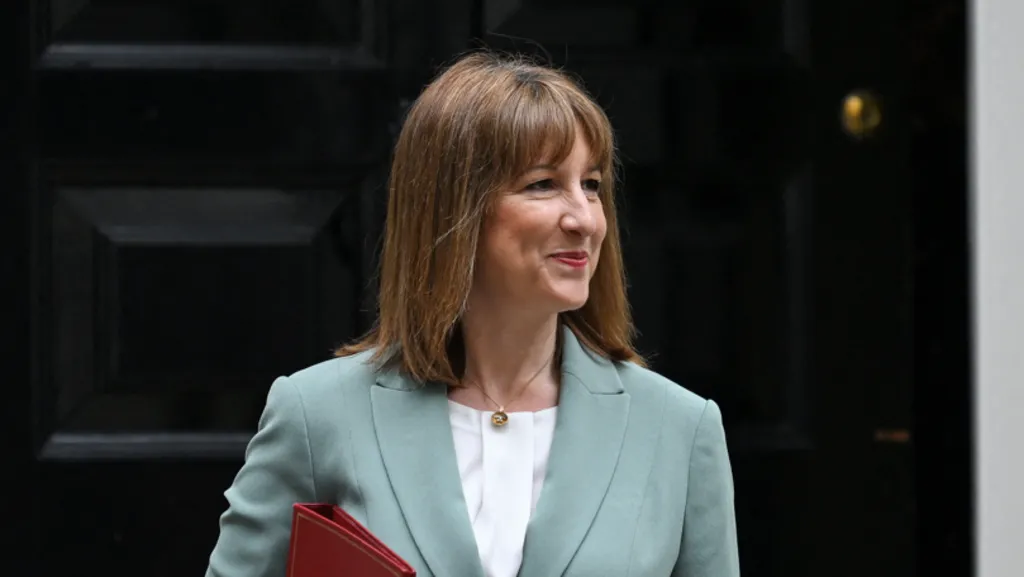136
Chancellor Rachel Reeves has unveiled the contents of the UK's first multi-year spending review since 2021.
The review sets the day-to-day budgets of government departments over the next three years, used to pay staff and deliver public services.
It also sets their investment budgets until the end of the decade, to pay for new infrastructure such as hospitals, schools, and military kit.
Here is a summary of the key points.
Health
- Day-to-day budget for the NHS in England to go up by 3% on average over the next three years, accounting for inflation, reaching £226bn by 2029
- Investment budget to be held in real terms over next three years, following rises over the last two years
- Up to £10bn earmarked by 2029 for new technology, including improving the NHS App and delivering single patient records
- The health department will be asked to deliver around £9bn in "efficiency gains" by 2029, out of a government-wide target of £13.8bn
- Seven ways the Spending Review affects you
- Winners and losers: Who got what in the review?
- What has the chancellor has announced? The key points
- Watch: Where the money is being spent
Education
- Core schools budget in England to go up by 0.4% in real terms on average over the next three years, reaching £69.5bn by 2029
- Free school meals to be extended to about 500,000 more children from September 2026, costing around £490m per year
